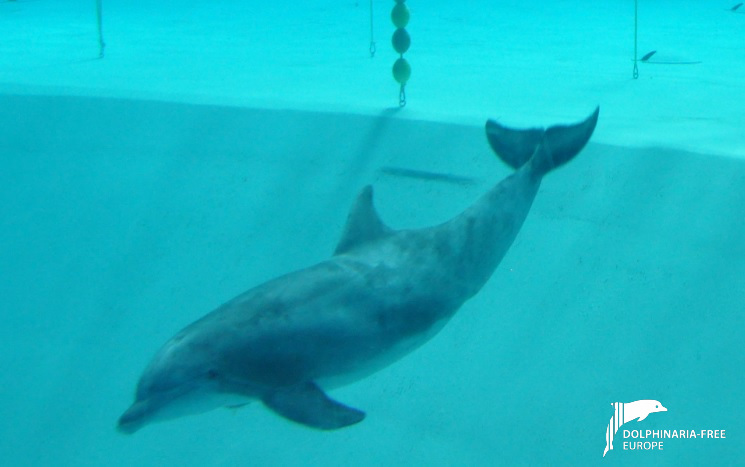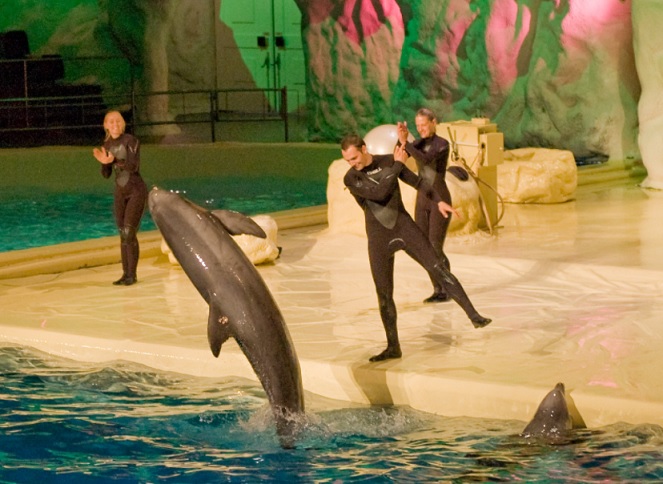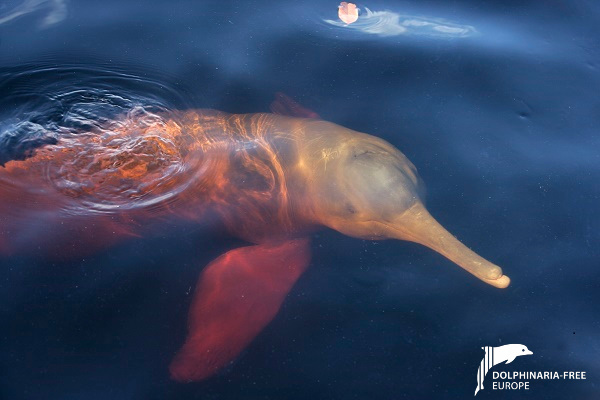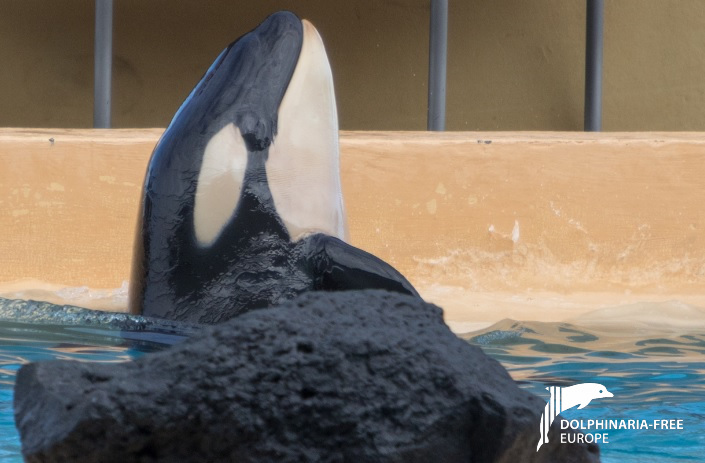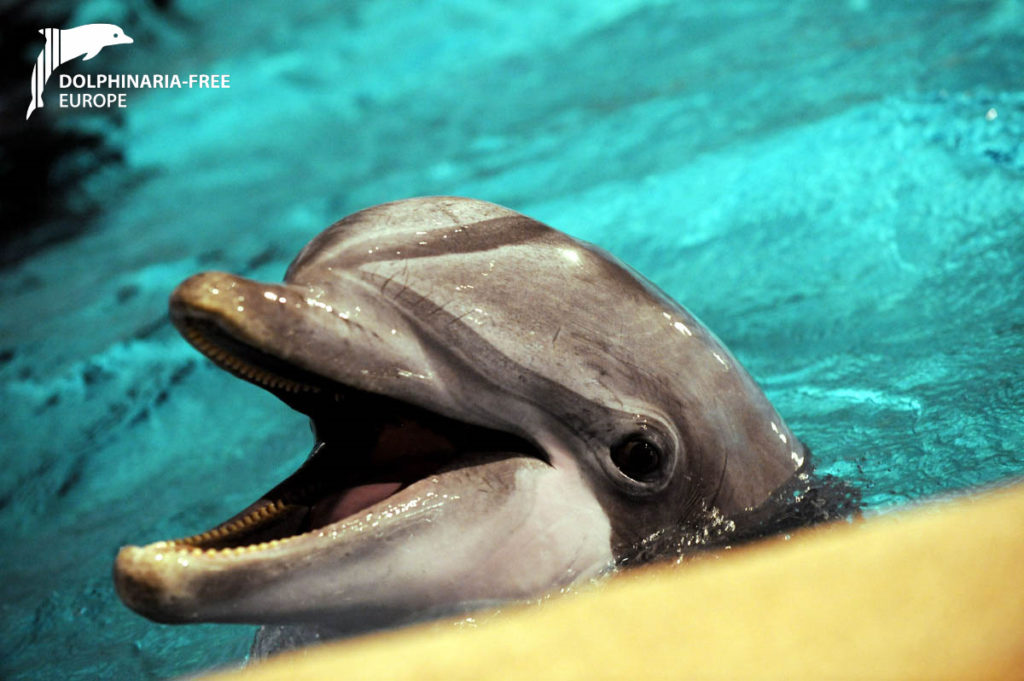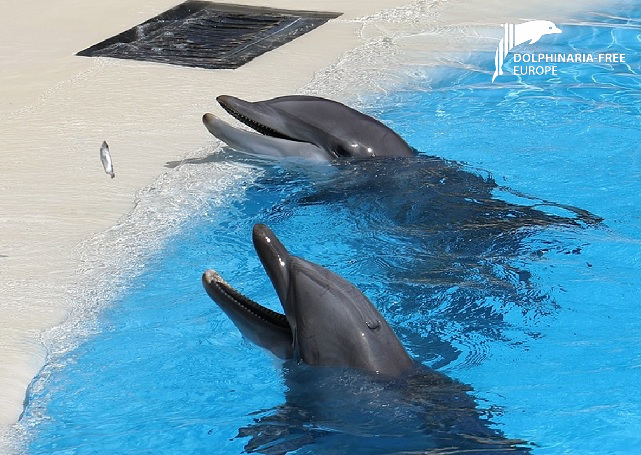
Dolphinaria-Free Europe celebrates the news that travel company Expedia has announced that, having adjusted their animal welfare policy with regards to attractions/activities they offer, they will no longer offer activities featuring captive dolphins and other cetaceans. They plan to implement the policy by early 2022 and are giving providers 30 days to comply with the updated policy or face removal from their site.
Expedia has said they will however feature seaside sanctuaries when established, which offer captive cetaceans a permanent living environment provided they are accredited and do not feature either interactions or performances. This follows the decision by Virgin Holidays in 2019 to cease selling tickets to attractions and experiences featuring cetaceans and we sincerely hope that this move will encourage other tour/travel companies, such as TUI, to follow suit. We would like to send our congratulations to member organisation World Animal Protection and others who have campaigned for several years to achieve this positive result for captive cetaceans, this is indeed a huge step forward as Expedia promotes several European facilities holding cetaceans including l’Oceanografic, Valencia and Loro Parque, Tenerife.

